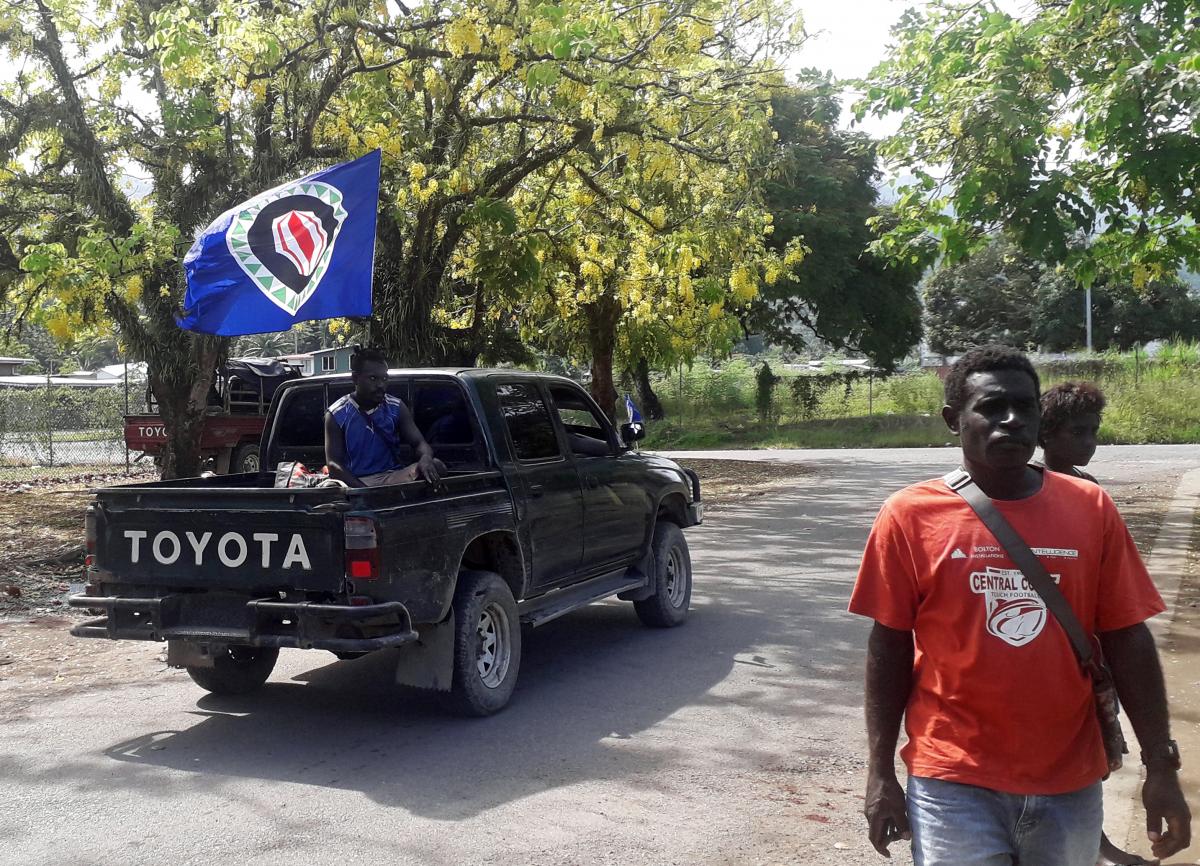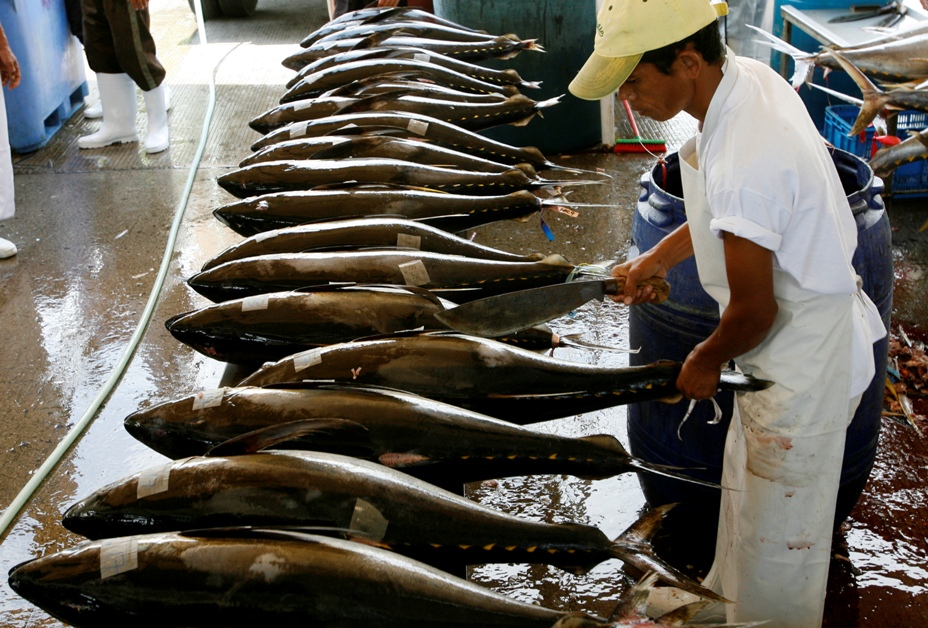
Business & Human Rights Resource Centre’s Amy Sinclair introduces a new portal that focuses attention on a resource-rich area remote from the rest of the world
By Amy Sinclair. Source - Ethical Corp
In recent months, damaging spills caused by foreign miners operating in the Solomon Islands and Papua New Guinea have wreaked havoc with the safety and livelihoods of coastal communities.
At the same time, with the independence referendum under way in the Bougainville region of Papua New Guinea, mining companies are jostling for new licenses. This is in a region where tensions over the infamous Panguna mine sparked a bloody decade-long civil war in the 1990s. Memories fade fast, particularly when there are profits to be made.
The Pacific region is intensely resource-rich, but with great distances separating Pacific nations – not only from one another, but also from much of the rest of the world – human rights abuses by companies have too often occurred in the shadows.

Mining companies are seeking licences amid Bougainville's referendum for independence. (Credit: Melvin Levongo/Reuters)
With inward-investment growing, Pacific communities face increasing challenges to fair and informed engagement and run the risk of exposure to higher levels of abuse and environmental harm by global companies. This is particularly true for those on the frontline of deforestation, irresponsible mining, fishing, tourism and seabed exploitation.
Local activists and communities fighting these abuses are hindered by being far away from foreign company headquarters located in Canada, Australia or China. Distances may be great, but Pacific voices deserve to be heard. With greater visibility on global platforms, communities and advocates can be supported in their efforts to achieve stable, sustainable growth that will protect future generations.
The need for this increased visibility is great. Business-related human rights harms in the Pacific are, increasingly, being documented. Yet severe human rights abuses, including forced labour, slavery, human trafficking and child labour, persist.
In June, the Business & Human Rights Resource Centre (BHRRC) published a report on modern slavery in the Pacific tuna sector, which provides almost 60% of the world’s tuna catch in a growing industry currently worth $22 billion. The report surveyed 35 canned tuna companies and supermarkets, representing 80 of the world’s largest retail canned tuna brands, and found that, outside a small cluster of leading companies, the sector is not translating human rights policies into practice. Without urgent and decisive action in the Pacific fishing sector, and by those sourcing from it, there is a danger that company policy will provide a fig-leaf for abuse, while slavery continues unabated.
Deep-dives such as this yield invaluable insights into sector-specific questions, but more is required. There is a pressing need to raise awareness of the human rights responsibilities of companies operating in all sectors in the Pacific, and to bring to light the true nature and scale of human rights abuses being committed across the region.
The Solomon Islands, and Fiji in particular, are experiencing high levels of mining activity, and there is a danger that the mistakes of the past – seen in Papua New Guinea with the abuses and environmental degradation at Panguna, Ok Tedi and Porgera – will be replicated there and beyond. Community consultation must form the cornerstone of human rights due diligence by companies seeking to invest in the region, and profits should be fairly shared.

The Pacific tuna sector provides almost 60% of the world’s tuna catch and is worth $22bn. (Credit: Erik de Castro/Reuters)
Fortunately, a nascent business and human rights movement is emerging in the Pacific. The first-ever dedicated Pacific session, Advancing the Business and Human Rights Agenda in the Pacific, was held during the annual UN Forum on Business and Human Rights in Geneva last month, a testament to the progress that has been made in the region recently.
To support and chart the growth of this emerging movement, BHRRC has launched a new web portal dedicated to the region. The Pacific portal brings the broad range of local business and human rights issues into sharper focus and amplifies local and community voices.
It’s hoped the portal will be a crucial tool for human rights and environmental rights advocates, both in civil society and in businesses themselves, seeking to prevent abuse and improve company human rights practices in the region. It will do this by highlighting research on key issues, identifying allegations of business-related abuse and calling attention to emerging cases.
Stability in the Pacific region requires urgent action to ensure human rights are embedded in investments from inception. Without regard for international rules requiring respect for human rights in business, the sustainability of life in the Pacific for future generations is under threat.
Efforts like this web portal are needed to shine a light into the shadows and improve awareness of Pacific business and human rights issues on the global stage.
To visit BHRRC’s Pacific portal click here: Pacific Business & Human Rights
